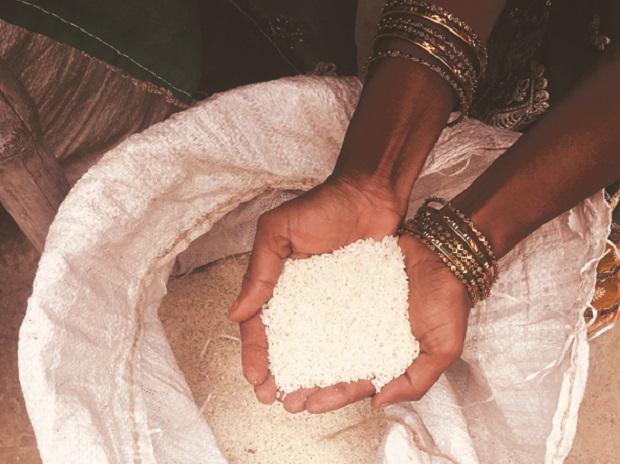World’s record food bill is hitting poorer countries hardest

The world’s food-import bill is set to jump even more than expected to a record this year, increasing the threat of hunger, especially in the poorest nations.
Higher shipping rates and prices of foodstuffs from grains to vegetables are likely to drive the cost of importing food up by 14 per cent to $1.75 trillion, the United Nations said. It also warned of higher bills as farm inputs get more expensive.
Food prices have climbed to the highest in a decade, further pressuring household budgets strained by the pandemic and rising energy bills. A particular worry is that food-import costs in poor countries are climbing faster than those in developed economies, something that’s becoming an increasing problem in regions that are reliant on shipping in supplies.

Grain prices rallied in the past year as bad weather curbed harvests, freight rates rose and labor shortages hurt supply chains. That’s happened as global hunger hit a multiyear high, while an energy crunch also had a knock-on effect of raising fertiliser prices, giving farmers another headache.
“Food prices will inevitably rise with higher production costs, and do so without significant delays,” the UN’s Food and Agriculture Organisation said in a report on Thursday.
 Dear Reader,
Dear Reader,
Business Standard has always strived hard to provide up-to-date information and commentary on developments that are of interest to you and have wider political and economic implications for the country and the world. Your encouragement and constant feedback on how to improve our offering have only made our resolve and commitment to these ideals stronger. Even during these difficult times arising out of Covid-19, we continue to remain committed to keeping you informed and updated with credible news, authoritative views and incisive commentary on topical issues of relevance.
We, however, have a request.
As we battle the economic impact of the pandemic, we need your support even more, so that we can continue to offer you more quality content. Our subscription model has seen an encouraging response from many of you, who have subscribed to our online content. More subscription to our online content can only help us achieve the goals of offering you even better and more relevant content. We believe in free, fair and credible journalism. Your support through more subscriptions can help us practise the journalism to which we are committed.
Support quality journalism and subscribe to Business Standard.
Digital Editor
business-standard.com

